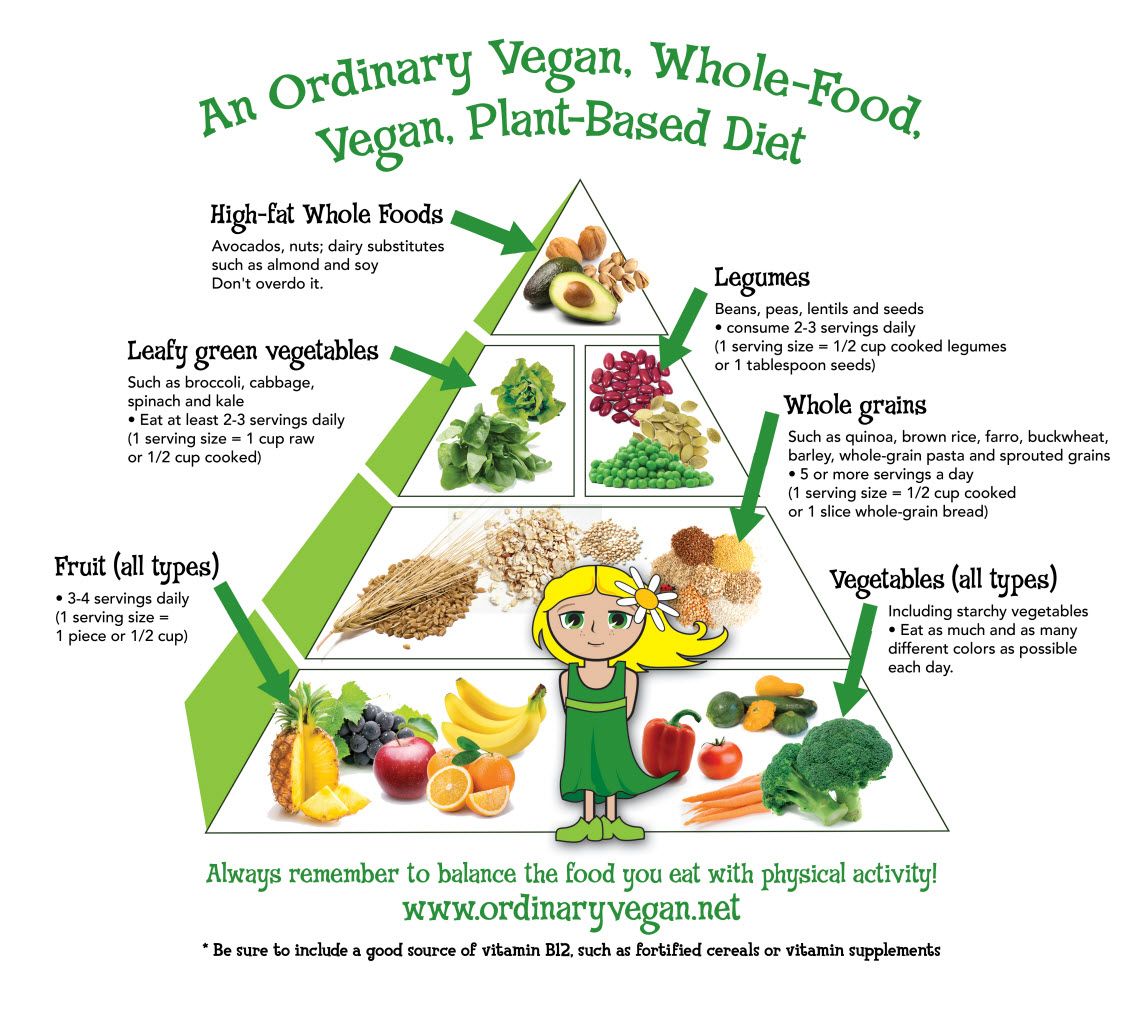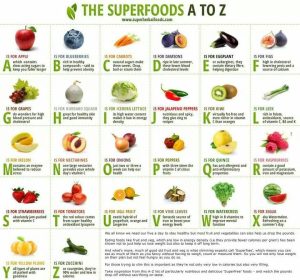
Plant-Based Diet: Is It Right for You?
There has been a significant rise in the popularity of plant-based diets in recent years. Many people are considering adopting this lifestyle in an effort to improve their health and make more sustainable choices. However, before making any dietary changes, it is important to understand what a plant-based diet entails and whether it is right for you.
What is a Plant-Based Diet?
A plant-based diet is centered around consuming predominantly foods that come from plants. This includes fruits, vegetables, whole grains, legumes, nuts, and seeds. It emphasizes the importance of consuming natural and unprocessed foods while minimizing or completely avoiding animal-derived products such as meat, dairy, eggs, and honey.
Health Benefits of a Plant-Based Diet
There are numerous health benefits associated with a plant-based diet. Research suggests that this type of eating plan may lower the risk of chronic diseases, such as heart disease, obesity, type 2 diabetes, and certain types of cancer. Plants are rich in essential nutrients, vitamins, minerals, and antioxidants that promote overall well-being and longevity.
Moreover, a plant-based diet tends to be lower in saturated fats and cholesterol, which can be beneficial for cardiovascular health. It can also contribute to maintaining a healthier weight due to its emphasis on nutrient-dense and fiber-rich foods, making it an effective strategy for weight loss or management.
Possible Challenges and Considerations
Adopting a plant-based diet requires careful planning to ensure proper nutrient intake. Essential nutrients typically found in animal-derived products, such as vitamin B12, iron, calcium, and omega-3 fatty acids, need to be sourced from alternative plant-based sources or supplements in order to avoid deficiencies.
Another challenge can be the potential higher cost associated with a plant-based diet, especially when opting for organic produce or vegan alternatives. However, with proper meal planning and focusing on seasonal and local produce, it is possible to manage the expenses of a plant-based diet.
Environmental Impact
Choosing a plant-based diet can have a positive impact on the environment. Animal agriculture is a significant contributor to greenhouse gas emissions, deforestation, and water pollution. By reducing or eliminating animal products from our diet, we can reduce our ecological footprint, support sustainable farming practices, and promote a healthier planet for future generations.
Is a Plant-Based Diet Right for Me?
Deciding whether a plant-based diet is right for you largely depends on your individual needs, preferences, and health goals. It is important to consult with a healthcare professional or a registered dietitian who can provide personalized advice and ensure that you meet your nutritional requirements.
If you are considering transitioning to a plant-based diet, start by incorporating more plant-based meals into your weekly routine before fully committing. Experiment with diverse plant-based ingredients, flavors, and cooking methods to make your meals enjoyable and sustainable in the long run.
In conclusion, a plant-based diet can offer numerous health benefits and contribute to a more eco-friendly lifestyle. However, it is essential to approach this lifestyle change with knowledge and caution to ensure optimal nutrition. With proper planning and guidance, a plant-based diet can be a wonderful choice for improving your overall well-being and making a positive impact on the planet.

